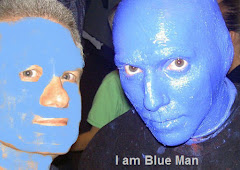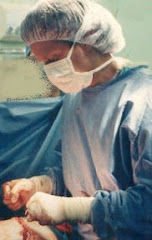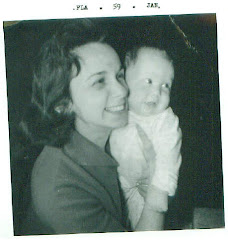Recommendations call for cutting back consecutive hours without sleep and providing more off days.
FLASHBACK! I had to laugh at the photo. In my rotations I often slept on the gurneys in empty rooms in the ER. It was "allowed" and assumed to be just "part of the training game." But is it right? Are we optimally being trained in this system?
The final report has been issued by the Institutes of Medicine (IOM). Residents, those physicians in training AFTER medical school, are too tired to to the work effectively and safely. This is even after the Graduate Medical Education Council implemented restrictions for resident hours about 5 years ago. Apparently it wasn't enough. The IOM concluded that tired residents are at increased risk of making serious errors in patient care.
Some comments/recommendations from IOM:
- limiting shifts with no sleep period to 16 hours
- 5 hours uninterrupted time/sleep after each 16
- increasing time off per month to 5 days without call
- restricting moonlighting hours
- One off call, uninterrupted day off per week
- increasing supervision by experienced physicians
- limiting patient loads
- scheduling overlap between shifts to make hand-offs (patient care responsibilities shifted from one resident to the one coming "on") more seamless
- providing transportation home for fatigued residents (correlation with increased wrecks?)
- hiring more residents and other providers
- providing additional residency funding
- improved monitoring of residency programs for compliance and tighter oversight

Source: "Resident Duty Hours: Enhancing Sleep, Supervision, and Safety," Institute of Medicine, 12-2-08





